Projects

Ibrar is delighted to be the recipient of a Leverhulme Research Project Grant to investigate ‘heritage literacy’ in Hong Kong and the Greater Bay Area. As grant holder and project director, he will lead a two-year study in collaboration with full-time Research Fellow Dr. Lee-Shan Tse (a Cambridge University Anthropology graduate and Evans Fellow conducting fieldwork on the sociolinguistics of how heritage is adapted and maintained within the region’s Muslim communities. This is his third research grant utilising heritage literacy as a heuristic, a concept he has developed in recent work. We look forward to sharing updates about his new project in due course.
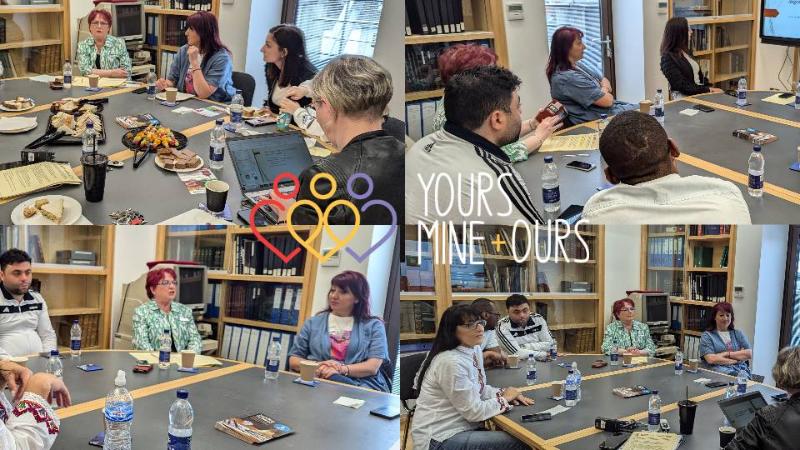
Yours, Mine, and Ours (YMO) is a research partnership project between Irish Linen Centre and Lisburn Museum and Dr Aisling O’Boyle, Director (SFHEA) Centre for Language Education Research, at Queen’s University Belfast. This partnership was awarded a research grant as part of the UKRI funded Centre for Cultural Value’s “Collaborate” Fund, which supports innovative partnerships between cultural sector practitioners and academics to explore under-explored questions around cultural value.
Supported by Prof Olwen Purdue, Centre of Public History, and Prof Tony Gallagher, Centre of Shared Education and led by Dr Colette Brownlee, Educational Officer at the Irish Linen Centre and Lisburn Museum, the Yours, Mine, and Ours Project was selected as one of the five funded projects from over 200 applications across from the UK. The aims of the YMO project were to establish sustainable collaborative relationships with local migrant communities and to explore cultural inclusion, belonging, and the value of museum learning.
As part of the academic partnership, the YMO project developed an Impact Toolkit for the local museum sector, with a design that could be easily adapted for museums across NI and beyond.
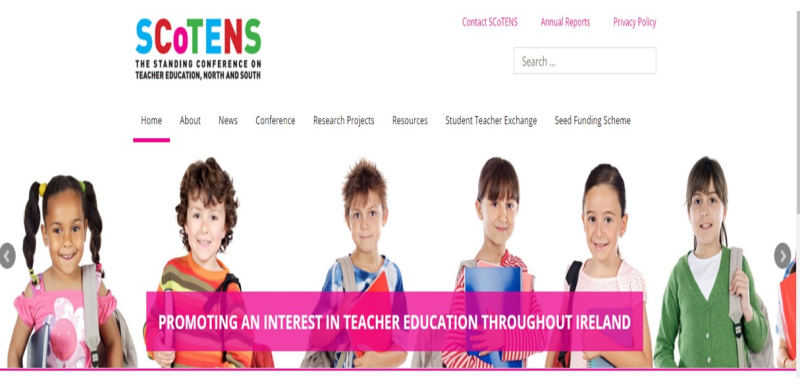
The number of linguistically and culturally diverse students has been increasing steadily across UK, Ireland and EU. The shifting demographics mandate a closer look at the teaching and teacher education practices across grade levels. Dr. Sultan Turkan is currently involved in three projects that ultimately aim to enhance understandings and practices in linguistically and culturally responsive teaching.
Dr. Turkan leads a project funded by the Standing Conference on Teacher Education, North and South (SCoTENS). The project aims to provide the preservice teachers the opportunity to engage English as an additional Language learners (EALs) in scientific classroom discussions by utilizing a virtual simulated teacher learning environment. In collaboration with colleagues from Queen’s SSESW and University College Dublin, we are examining the extent to which the simulated environment is useful and practical for teacher educators to adopt in their science teaching modules when teaching teacher candidates how to lead scientific classroom discussions with EALs. On a parallel line of inquiry into science classrooms, Turkan is simultaneously collaborating on a project that examines middle school EALs’ translanguaging practices in scientific modelling.
Dr Turkan is also actively involved in an EU-wide study that aims to contribute to enhanced understandings about teachers’ current practices with diverse learners across EU countries. Turkan is representing Ireland in the study in relation to primary level teachers’ views and attitudes towards bi/multilingualism and bi/multilingual children. Other participating countries are UK, Sweden, France, German, Israel, Norway, and Netherlands. Originally conceived by researchers at Karlstad University Sweden, the project team is interested in finding out what shifting demographics means for teachers’ day-to-day work at the primary level, and in documenting teachers’ views and ideas on bi/multilingualism.

Dr Aisling O'Boyle is part of an innovative research project titled "Gender-ing in ELT: International perspectives, practices, policies" which is examining the contribution of English language education to United Nations’ Sustainable Development Goal 5 on gender equality and the empowerment of women and girls. The project takes place in 10 ODA countries (Bangladesh, Botswana, Brazil, China, Colombia, Indonesia, Morocco, Philippines, Ukraine and Vietnam), representing different geographical continents, ODA levels, language policies, and gender inclusion levels. Through the participation of key school stakeholders (pupils and parents, school leaders and teachers, university students and lecturers), the research aims to examine their perspectives and practices, raise their awareness of gender matters and foster their context-sensitive reflections on gender equality in ELT in these ODA countries.
Dr Vander Viana, Associate Professor in Education, at University of East Anglia and PI on the project said: “I am delighted to be working on this project alongside a large group of experts in the 10 partner countries as well as in the UK, such as my co-PI Dr Aisling O’Boyle from Queen’s University Belfast. Gender has been under-explored in English language education, and this is a unique chance to advance the boundaries of existing research, to trigger social change in a bottom-up, context-sensitive way and to support United Nations’ Sustainable Development Goal 5.” The research is funded by the British Council through their Widening Participation Research Grants. The project counts on the participation of researchers based in ODA countries and with the support of international research associations.
One of the institutional supporters is the National Research Council of the Philippines (NRCP). Dr. Marie Paz Morales, the Chairperson on NRCP Division I in charge of Governmental, Educational, and International Policies said: “Integrating the gender perspective in English Language Teaching (ELT) in the Philippines may lead to significant policies that inform gender mainstreaming in the fields of education, governance and international policies the country advocates. As the pillar of the National Research Council of the Philippines is to promote research in the fields of education, governance, and international policies, studies on ‘gender-ing’ may spark initiatives from other sections and sectors of the Council, and may strengthen and further promote policies on gender sensitivity across fields and disciplines.”
Non-academic stakeholders have also been directly involved in the project from its inception. One example is the Education and Culture Office of Banten Province in Indonesia, which is responsible for organizing and managing early childhood education, elementary education, secondary education, and community education affairs and the management of culture.
Teddy Hendra Pratama, Head of Division for Secondary School Affairs, said: “I unequivocally support Gender-ing ELT and strongly encourage an in-depth study on this topic, particularly in Indonesia. The outcome of this research project will help the government to continuously improve gender equality, and I believe it will result on the fast development of human resources at Banten Province.”
The project will run for 18 months – from April 2021 to September 2022 – and more information can be found on the project website: Gender-ing ELT - Groups and Centres - UEA by following its Twitter account Gender-ing ELT (@GenderingELT) / Twitter or by liking the project Facebook page: (20+) Gender-ing ELT: International perspectives, practices, policies | Facebook
The team can also be contacted by e-mail at gender-ing.ELT@uea.ac.uk.
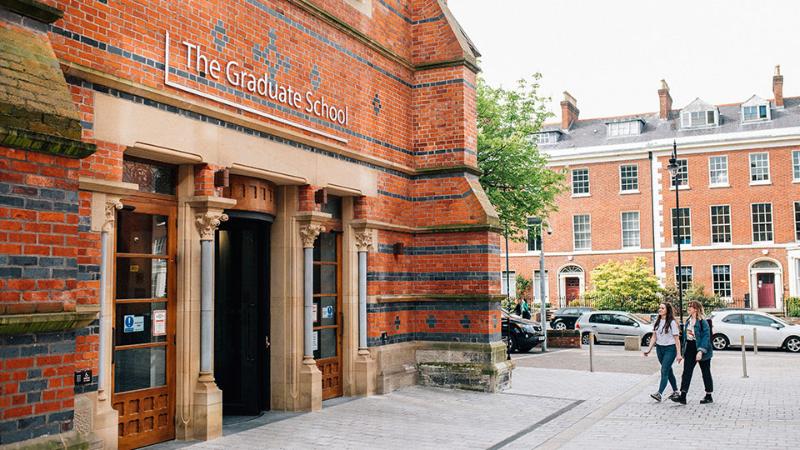
Founding members, Ian Collen and Centre Director, Aisling O’Boyle are part of a unique research project investigating the trends in languages provision in the FE sector over the past 20 years in the UK. Funded by the British Academy, the project takes a partnership approach to the collation and assessment of evidence on languages provision (other than English) in Further Education (FE) in the UK.
The team which also includes Leanne Henderson and Jennifer Roberts (SSESW) are engaged with key stakeholder groups and are conducting secondary data analysis and a UK-wide survey of FE staff and students. For further info, contact Principal Investigator: i.collen@qub.ac.uk
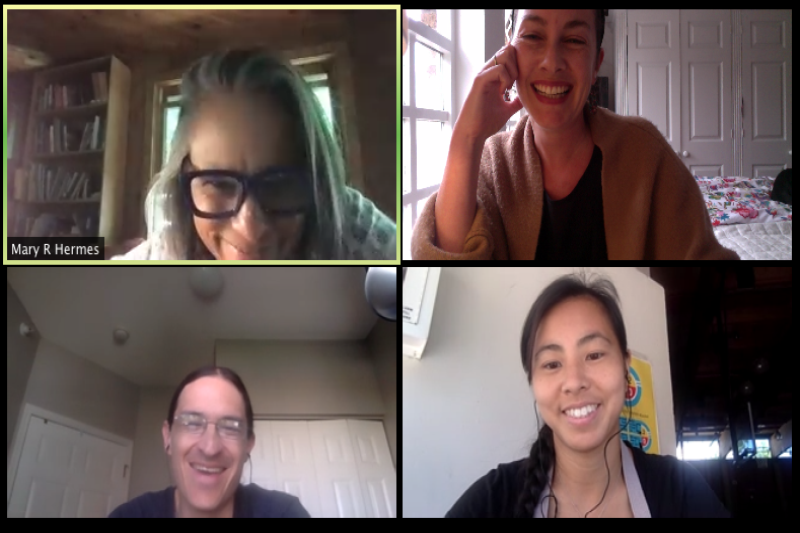
Indigenous languages are critically important to the health and wealth of human relations with the social and natural world. The vitality of Indigenous languages has been linked to phenomena such as academic achievement, public health outcomes, and ecological diversity. Dr Mel Engman has been involved in an ongoing Indigenous language maintenance and reclamation for many years. Since 2016, Dr Engman has been part of a research team of multilingual Indigenous scholars from North America to examine what happens when an Indigenous language that has been reclaimed in schools (i.e., Ojibwemowin) returns to the land for intergenerational use.
Initially supported by the United States’ National Science Foundation grant no. 1664510, the "Forest Walks" project builds on learning sciences scholarship to better understand the role and nature of language in Indigenous youth-Elder groups in interaction on and with Indigenous land. Team members include Dr Mary Hermes (PI) (University of Minnesota), Dr Meixi (University of Minnesota), and James McKenzie (University of Arizona). Relying on multimodal analyses of point-of-view video and ethnomethodological and Indigenous thought traditions, this research illuminates the relational nature of language as ‘more than code’ and reimagines important related concepts such as learning, expertise, and agency.
The first article to come out of this work is here:
Engman, M. M., & Hermes, M. (2021). Land as interlocutor: A study of Ojibwe learner language on and with naturally occurring ‘materials’. Modern Language Journal, 105(S1), 86-105. https://doi.org/10.1111/modl.12685/
A webinar on the study’s methodology can be found on the link below:
Engman, M. M., & Hermes, M. (2020). Land as interlocutor: Transcribing and analyzing material participation in interaction. Center for Advanced Research on Language Acquisition (CARLA).
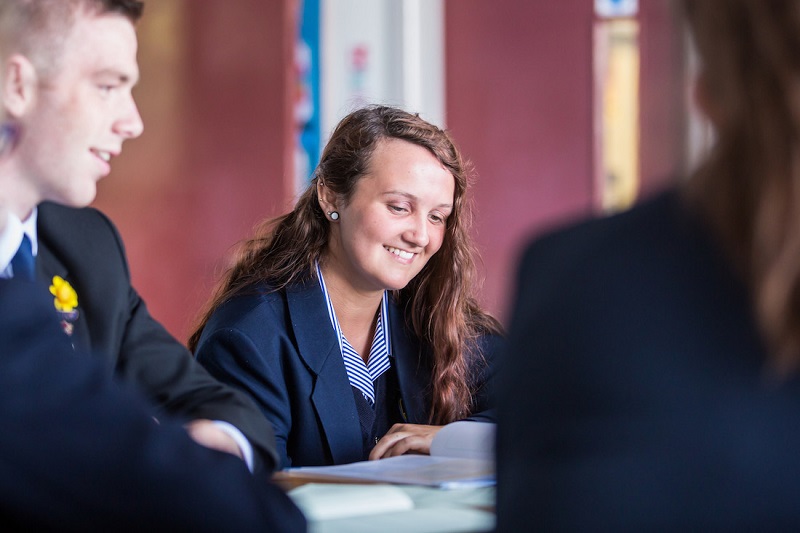
Dr Ian Collen is currently Principal Investigator on Language Trends England, Northern Ireland, and Wales. Language Trends England is a large-scale three year longitudinal study of the health of languages teaching in primary and secondary schools, funded by the British Council. Ian’s research assesses the impact of policy measures in relation to languages, as well as analysing strengths and weaknesses based both on quantitative evidence and on views expressed by teachers.
The annual report has impact at the highest levels of government and is read widely by school leaders, school inspectors and policy makers. This year’s Trends Wales 2022 report has been covered in a number of national media outlets

Building on previous work Academics Writing, Dr Ibrar Bhatt has completed a project examining the writing and knowledge creation practices of academics at Indonesian universities.
The findings of this research form the basis of a new writing mentoring scheme for academics at Universitas Sultan Ageng Tirtayasa in Indonesia. Both the research and the new scheme, which commences in April 2021, focus on how knowledge is produced and disseminated through writing practices and how Indonesian academics, as multilingual academics in the global south, can respond to new requirements on their research productivity.

Dr Aisling O’Boyle (PI) has undertaken a review and case studies of the use of corpus linguistics in ELT. In the review she points out how the use of CL in ELT has the potential to contribute to a decentring agenda for ELT. The project team conducted practitioner interviews in Asia, Europe and South America, and developed a series of guides for learners, teachers, and teacher educators.
Supporting learners, teachers and teacher educators to improve their awareness of how language works is a key goal in the field of English Language Teaching (ELT) worldwide. From everyday conversations, to business meetings and academic lectures, access to all kinds of digital language data is now possible using a corpus. A corpus is a digital collection of textual examples created for the purposes of exploring how language is used (Sinclair, 2004). The millions of words and phrases in a corpus can be searched and retrieved instantly, using similar technical skills as those required by standard search engines.
The benefits of using corpora in language teaching and learning have been well documented in the literature such as the provision of better quality language input for learners; the development of more accurate grammatical and vocabulary knowledge; and the design of more reliable teaching materials; the facilitation of students’ and teachers’ control over their own learning and teaching. Surprisingly, the potential of corpora in ELT remains largely untapped. The researchers undertook a systematic review of ELT corpus studies and conducted interviews with members of the ELT community in order to understand more fully how and why corpora are being used (or not) in ELT. The project team developed guides on how to use a corpus for learners, teachers, and teacher educators as well as a tool for evaluating corpus websites with a view to bridging the gap between corpus research and pedagogical practice in ELT.

Working in collaboration with a partner organization, Dr Aisling O’Boyle is investigating the support for social integration and language education of refugee and asylum-seekers in Northern Ireland using interview data from hard-to-reach groups/persons in positions of vulnerability. The community sector in NI has long provided free and non-formal language classes to meet the socially embedded communicative needs of migrants, refugees and asylum seekers (DfC, 2019; McNulty, 2019; Parizzia and McKeown, 2020). Having worked for decades to create ‘safe spaces’ where people in situations of vulnerability can have their social and educational needs met, community groups and volunteers have had to close and/or restrict access to such spaces due to the COVID-19 pandemic. This has broken the vital links to social and educational programmes and access to informal social interaction which these spaces had been providing for people in situations of vulnerability and their families. Whilst formal learning may adapt somewhat readily to digital alternatives, non-formal online substitutions are not necessarily easy.
Further questions are also emerging in relation to the safety and trustworthiness of a cyberspace alternative for refugees and asylum seekers (Palanac, 2020). The small-scale research has two modest aims: to begin gathering evidence on the impact of COVID-19 on pre-existing community programmes supporting the social integration and English language education of migrants, refugee and asylum-seekers; and to pilot feasibility and acceptability of online non-formal language support for migrants, refugee and asylum-seekers.

Dr Ibrar Bhatt is Principal Investigator on a Research Fellowship funded by the Leverhulme Trust. This Research Fellowship examines how Sino-Muslim religious, cultural and historical knowledge is produced and maintained through everyday and community literacy practices. The study is situated within the field of Literacy Studies and utilises interpretive approaches in linguistic ethnography to examine writing and reading as primarily a social and cultural practice. The study’s focus is on the everyday and ‘local’ literacies of modern Sino-Muslims and, therefore, brings together two areas of research for the first time: Literacy Studies and Hui Studies. Read more here: https://sinomuslimliteracies.wordpress.com [and in Chinese here: https://sinomuslimliteracies.wordpress.com/category/中文/]
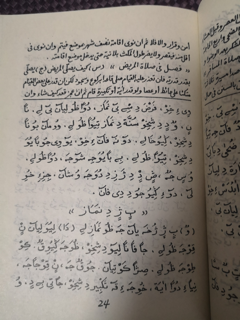

Funded by the A S Hornby Trust this project investigates the use of bilingual dictionaries and associated digital lexicographic resources by refugee families in NI. Collecting survey and family interview data, Dr Aisling O’Boyle investigates how, as families move into local communities, they use bilingual dictionaries and associated digital lexicographic resources. Understanding their preferences, practices and problems of dictionary use will inform approaches to learner and teacher training in the use of a bilingual dictionary.
The recommendations produced as a result of this research will have a significant and direct impact on learners, teachers and volunteers in community contexts. But the NI context is one of many across the world in which communities are supporting refugee families with diverse language learning needs, often with very limited resources. Insights gained from this research therefore have the potential to be far-reaching, providing evidence to inform not only training in the use of dictionaries and other lexicographic resources, but also the potential to develop innovative and no/low cost resources to help and enhance language learning for refugee families.
You can read more at: O'Boyle, A. (2023). A Welcome Dictionary: refugee families using dictionary resources to support English Language Learning -: A Report on A S Hornby Dictionary Research Award Project. A. S. Hornby Educational Trust. https://irp.cdn-website.com/a6c67b5e/files/uploaded/ASHDRA%20report%20Aisling%20OBoyle.pdf